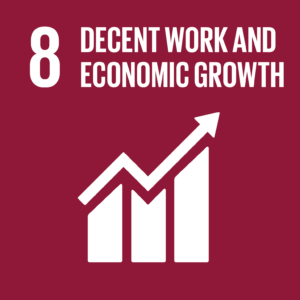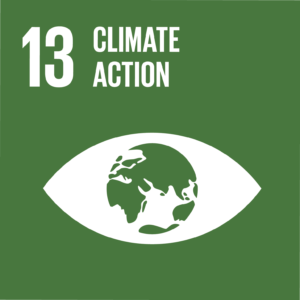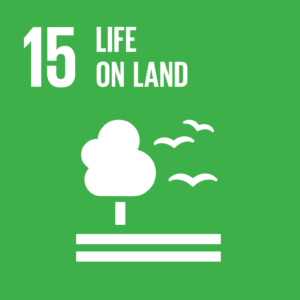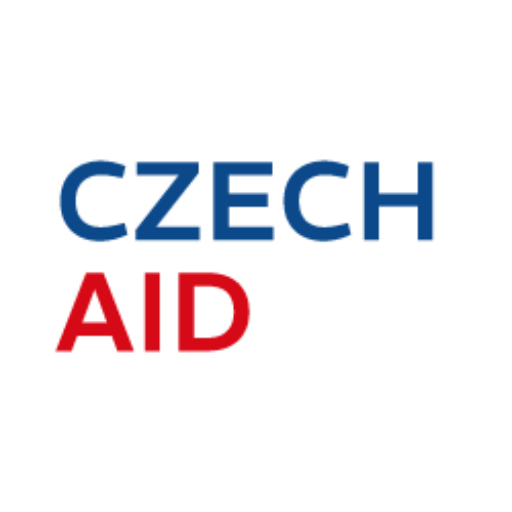Transfer of Modern Methods in Beekeeping
The beekeeping sector has been struggling for the last few decades due to the Varroa destructor mite- a parasite that is the main cause of bee colonies’ mortality in the world. In order to fight the Varroa destructor, beekeepers have been forced to use pesticides and acids, which can damage the colony and the quality of its honey and may not be sufficient as the parasites have developed resistance to some of these chemicals.
The project has introduced a Thermosolar Hive, which is a unique beehive based on thermotherapy and can kill the mites only with the power of sunlight without harming the bees or the honeycombs. It is completely environmentally friendly and the invention has a higher success rate than commonly used chemicals. Furthermore, a single heat treatment destroys at least 80% of mites. As a result, the beekeepers with the Thermosolar Hives have reported 20-50% more honey production in comparison with classical hives, leading to increased incomes for the beekeepers, a positive ecological impact and healthier and stronger bee colonies.
The project has been implemented by Včelín, a non-profit organization gathering experienced beekeepers including experts in the academic sphere and the Czech beekeeping scene.
Deliverables:
SDGs relevant to the project:




